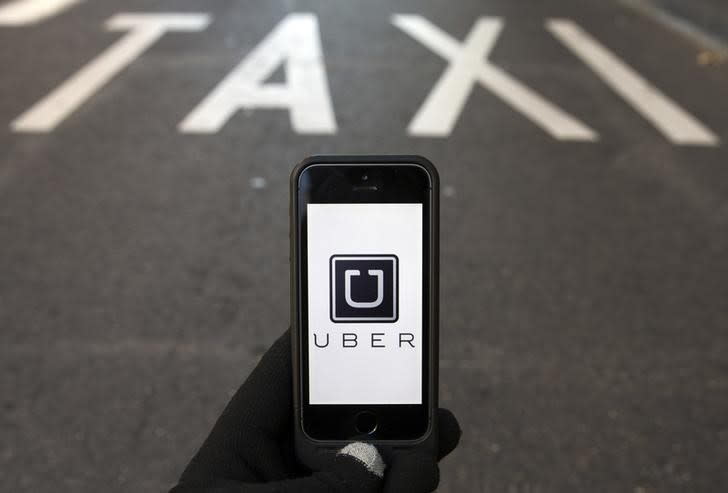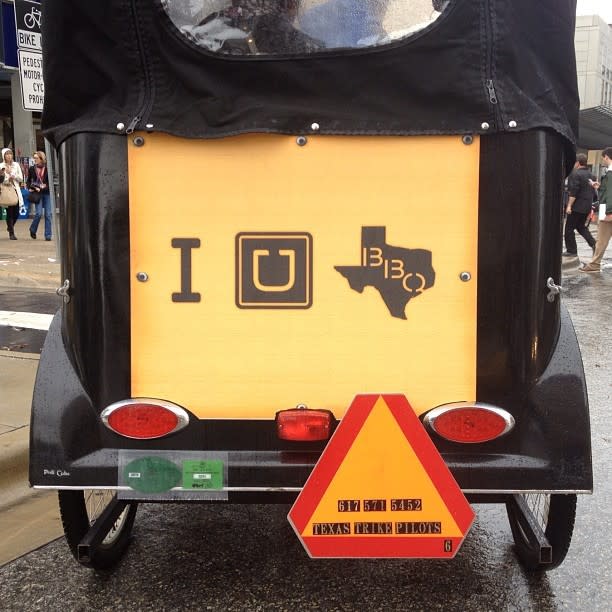Uber, Lyft Users Revolt Against New Laws In A Political Surge

America’s first-ever ridesharing-based political revolt has started in Texas—and so far, it’s been little short of a rout.
Late on a Thursday night just before Christmas, the city council in my hometown of Austin, Texas, citing questionable public-safety concerns, uncorked a surprising ordinance that would require Uber and Lyft drivers to pass mandatory fingerprint-based background checks. Crafted, at least on the surface, to protect passengers against driver assault, this ordinance was met with howls of protest from just about everyone except for the hidebound Austin taxicab industry.
Uber and Lyft threatened to pull out of the city if the ordinance got enacted. The Austin police chief and the Travis County Sheriff both decried the “onerous” regulations, saying that losing ride-sharing services would roll back recently hard-won reductions in drunk driving. And the citizens of Austin weren’t very happy either.
This week, a nonprofit group called Ridesharing Works For Austin, an odd alliance among Uber, Lyft, unemployed musicians, and downtown bar owners formed just after the New Year, submitted a petition to the city clerk’s office containing more than 65,000 signatures, demanding that the city council overturn the ordinance. They gathered those signatures in less than three weeks. Assuming that the petition passes muster—and it almost certainly will because the group triple-checked the rolls to ensure that at least 20,000 of those signatures were legitimate—the council will have to either adopt a new ordinance or put the issue up for a public election. No mayor in the history of Austin has ever received that many votes.
Uber and Lyft have been the target of dozens of demonstrations worldwide, often by taxi and limo drivers worried about their incomes, but the battle in Austin demonstrates how much popular influence ridesharing companies can hail in the political world, particularly with young voters who’ve barely known adulthood without them.

Photo: William Beutler via Flickr

 Yahoo Autos
Yahoo Autos 